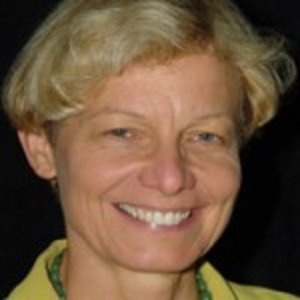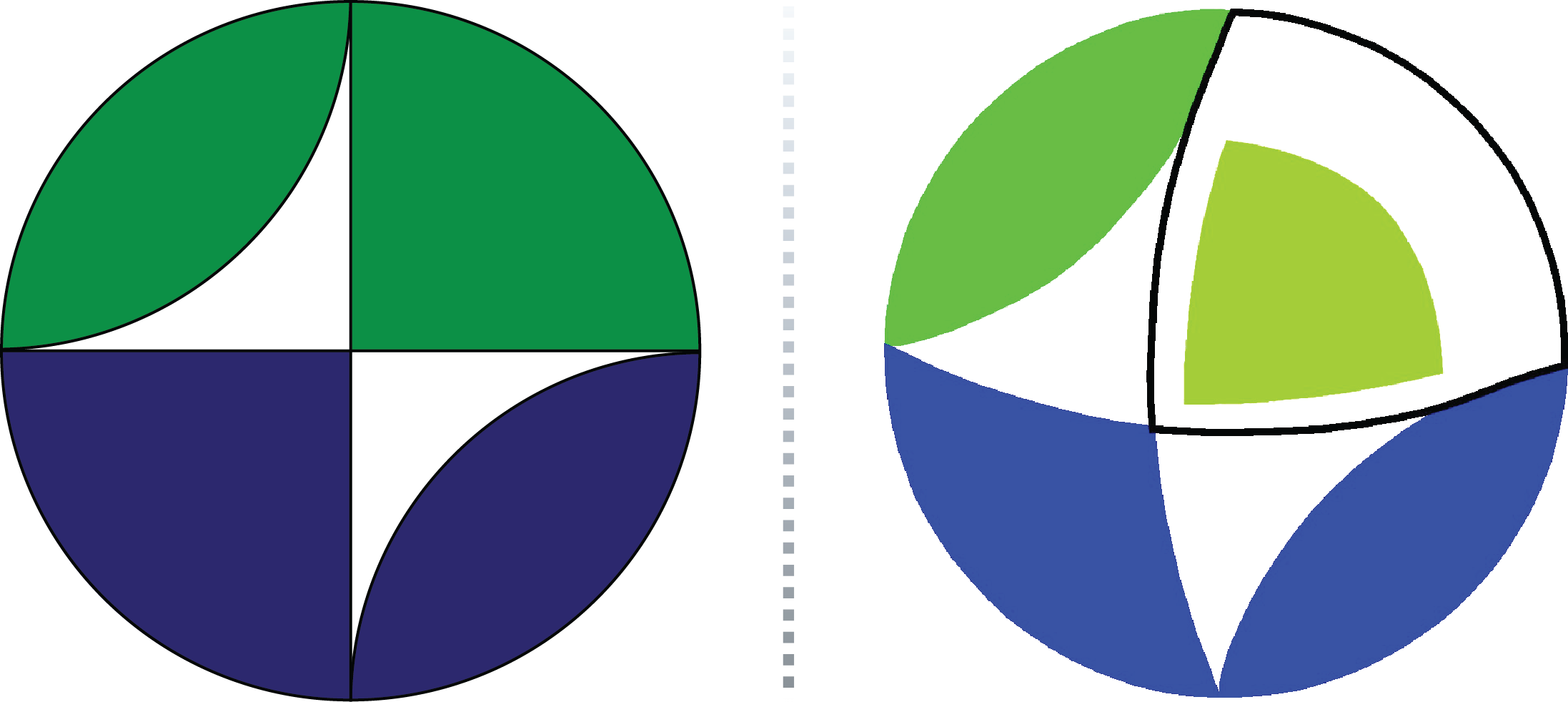IASPEI Medal Acceptance Speech - Barbara Romanowicz

Thank you Guy, for your generous introduction! I am deeply honored to receive this medal and would like to thank my colleagues and friends, at IASPEI, for their support and for selecting me among many others that deserve this distinction. My only regret is that I cannot celebrate and express my thanks with you all in person in Hyderabad - as Harsh indicated I visited there three years ago and had been looking forward to return since then. I appreciate how challenging it has been to the local organizing committee to have to handle this all remotely.
I've been told I need to be brief, so I will make just a few comments This recognition by IASPEI, the international society in my research field, is particularly meaningful for me.
International cooperation is an important component in science in general, but it is essential in the geosciences and particularly so in seismology. As you all know, seismic waves do not stop at national borders, and understanding seismicity, earthquake physics and the earth's internal structure requires combining seismic data over large regions, better, the entire earth's surface, well beyond what can be achieved with a local set of records and from a single country.
I was fortunate to begin my career at a time of a major revolution in observational seismology: the transition from analog to digital recording and with it, the development of broadband and very broadband instrumentation, which gave access to orders of magnitude more and better quality information and is still the basis of present-day investigations.
I was lucky to be a founding member -36 years ago of an initiative, the FDSN, whose goal was to standardize broadband instrumentation and data formats, to facilitate seamless data exchange among the growing number of international partner broadband seismic networks. While relying on voluntary efforts of many individuals, it is nice to see how successful it has been. It is still very active today under the umbrella of the IASPEI and is showcased in other scientific communities for its pioneering successes in open data sharing.
Free data exchange and sharing is essential for the advancement of both fundamental seismology and the mitigation of natural disasters. As obstacles of political or financial nature resurface time and again, it is important for the younger seismologists to realize that it is their responsibility to take on and continue efforts and initiatives and strive for free and open data sharing. It can be hard work, but it is rewarding to get involved in such efforts, - as I have experienced myself - because it also offers the opportunity to meet remarkable scientists from all over the world, exchange about science, and... your own research will greatly benefit from that.
While these efforts need to be sustained, the not-so-new but still very challenging frontier is to expand the data collection to broadly cover the ocean floor. This also, and perhaps even moreso, requires international collaboration. There seems to be some new enthusiasm and momentum in this direction at present, and I hope these endeavors will grow and be successful.
I wish to thank my mentors, colleagues, students and family, without whom I wouldn't be standing on this virtual podium today. Thank you all, and looking forward to the upcoming IASPEI sessions
(Photo copyright -- AGU)
